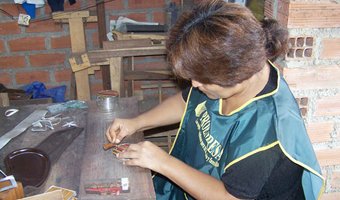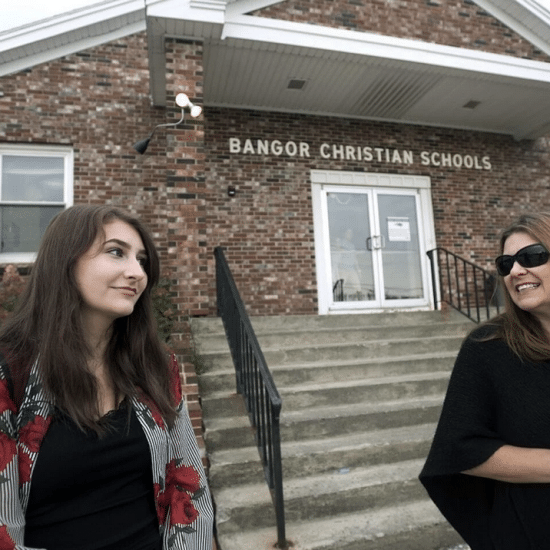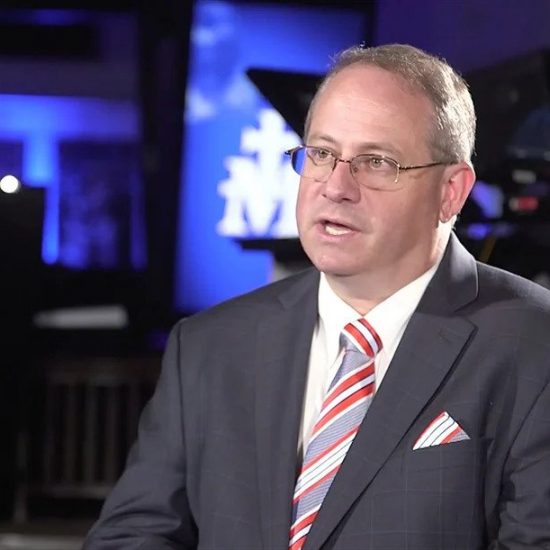ATLANTA — What began as a friendly challenge by one state Cooperative Baptist Fellowship organization to another may end up putting millions to work in developing nations, giving them a chance to earn more than a subsistence wage.

Micro enterprise loans are usually short-term — six months to a year — and range from $50 to $1,500. (Photo courtesy of Proempresa)
|
It began when CBF of Texas decided to invest $10,000 — 10 percent of its reserve — in the CBF Foundation's new micro-finance initiative. Texas challenged CBF of Florida to add 10 percent of its reserve or endowment funds into the project. Then the challenge spread to all of CBF's states and regions, who enthusiastically endorsed the idea.
Now, more than $1 million is committed to micro finance through the CBF Foundation, said president Don Durham.
CBF Foundation invests the funds in micro-finance banks through an investment banker who monitors and evaluates them regularly. The banks then make short-term (six months to a year) loans of $50 to $1,500 to entrepreneurs in low-income countries who, Durham said, "are ready to be productive caretakers of their families and homes." Between 96 percent and 98 percent of the loans are repaid.
According to research by Duetsche Bank, approximately $25 billion is available worldwide through micro enterprise banks, but the same research also shows that demand for these loans is around $250 billion.
That's why Rick McClatchy, coordinator for CBF Texas, wants to extend the 10 percent challenge he made to CBF of Florida and subsequently taken up by other states and regions to local churches at the national CBF General Assembly this summer in Houston so that more money is available for micro-enterprise lending.
"This venture is important because it works to reduce poverty, and the need for capital in these countries is great," McClatchy said. "For us to have such resources in our hands and not be willing to lend them to the extreme poor of the world is a sin."
Ray Johnson, coordinator for CBF of Florida, agrees. "We felt that this use of our wealth was an appropriate expression of our values," he said. "In fact, our boards were all very pleased and excited to have a chance to invest our funds in this way."
Johnson said CBF Florida is investing 10 percent of its funds under management in micro-enterprise financing, approximately $91,000.
"The overwhelming consensus of our governing boards was that investing in micro enterprises helps CBF Florida align its financial stewardship with the principles of Matthew 25 — to feed the hungry, clothe the naked, give water to the thirsty," he said.
CBF's micro-finance project is not charity, McClatchy said: "It is a financial capital approach that promotes responsibility, hard work, and cooperative partnerships."
Both McClatchy and Johnson said CBF's involvement with micro finance is one way the Fellowship can help meet the United Nations Millennium Development Goals.
"My research indicated that micro finance has been proven to make a significant impact upon the lives of those who live in abject poverty and connects with several of the MDGs," McClatchy said. "We think that many Texas CBF churches have endowments and could use some of their endowment funds to provide capital for micro finance, but we could not ask churches in Texas to do so unless we, that is CBF Texas, had done so too."
"This kind of investment makes sense at a number of levels," Johnson said. "It is a simple, concrete way to help the poor. It is one way for CBF Florida churches and individuals to become more aware of what we can do to help achieve the MDGs. It is exactly the kind of investment that CBF Florida churches can be excited about. And, investing in micro enterprises is a very stable investment strategy, particularly in today's world where typical stock investments are a bit more volatile."
"Our bigger mission in the CBF movement is to advance the kingdom of God vision that Jesus gave us," McClatchy said. "The kingdom of God is concerned about the spiritual and physical needs of human life upon this world. Caring about the poor is kingdom work and any failure to understand this and do this is failure to follow Jesus. Microfinance is a tool that enables us to successfully help the poor and is therefore kingdom work."
Sue Poss writes for CBF communications.





